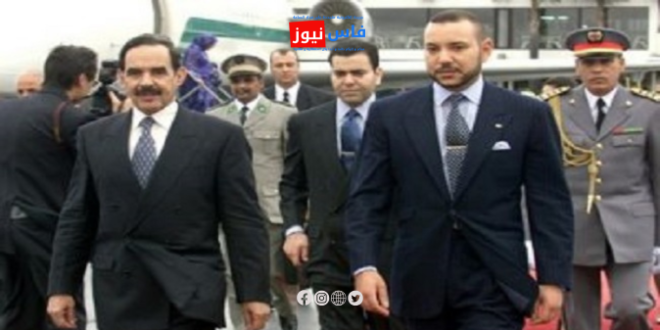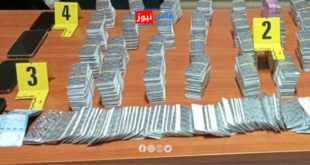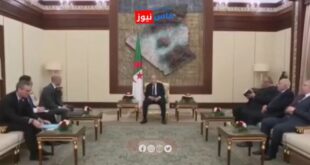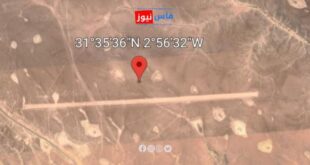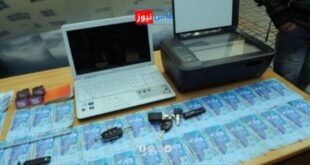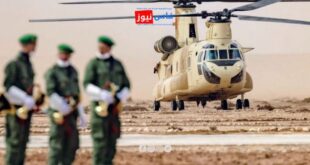Recently declassified documents from the U.S. Department of State have shed light on Mauritania’s complex stance regarding the Western Sahara conflict during the reign of former President Maaouya Ould Sid’Ahmed Taya. These documents reveal deep-seated concerns within the Mauritanian leadership about any potential resolution to the conflict, viewing it as a threat to the country’s stability and strategic interests.
According to the documents, President Ould Taya strongly opposed any potential rapprochement between Morocco and the Polisario Front in the late 1980s. The then Mauritanian Chief of Staff, Ahmed Ould Minnih, explicitly expressed these concerns, indicating that any resolution to the conflict could lead to serious security and political repercussions for Mauritania, including the potential influx of Sahrawi refugees into Mauritanian territory.
The documents also revealed that Ould Minnih stated, “Taya viewed the continuation of the status quo as the best option to ensure the stability of the regime in Mauritania,” adding that “any settlement between Morocco and the Polisario could weaken the political justification for his military rule.” This position reflects the complexity of the political landscape in the region and the intertwining of interests among the countries involved in the conflict.
In a move confirming the seriousness of Mauritania’s concerns, the documents disclosed that Taya sent a special envoy to French President François Mitterrand in September 1988 to convey his grave concerns about UN peace initiatives, warning of their potential impact on Mauritanian national security. This diplomatic maneuver highlights the strategic importance Mauritania placed on the Sahara issue and its direct impact on both domestic and foreign policy.
These documents highlight the geopolitical complexities surrounding the Western Sahara conflict and reveal the pivotal role Mauritania played in this issue. They also underscore the challenges faced by international efforts to resolve the conflict, given the conflicting regional interests and the sensitivity of the situation for all parties involved.
The disclosure of this information opens the door to a deeper understanding of the conflict dynamics in the region and highlights the need for a comprehensive approach that takes into account the concerns and interests of all stakeholders to reach a lasting and just solution to this protracted conflict.
 فاس نيوز ميديا جريدة الكترونية جهوية تعنى بشؤون و أخبار جهة فاس مكناس – متجددة على مدار الساعة
فاس نيوز ميديا جريدة الكترونية جهوية تعنى بشؤون و أخبار جهة فاس مكناس – متجددة على مدار الساعة

